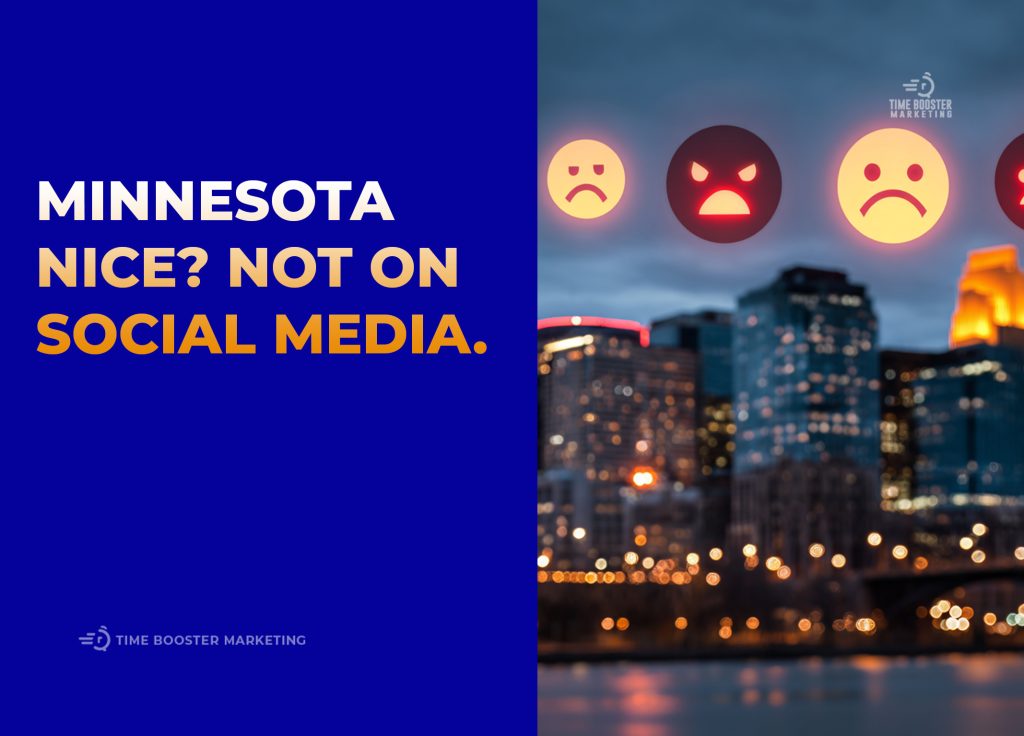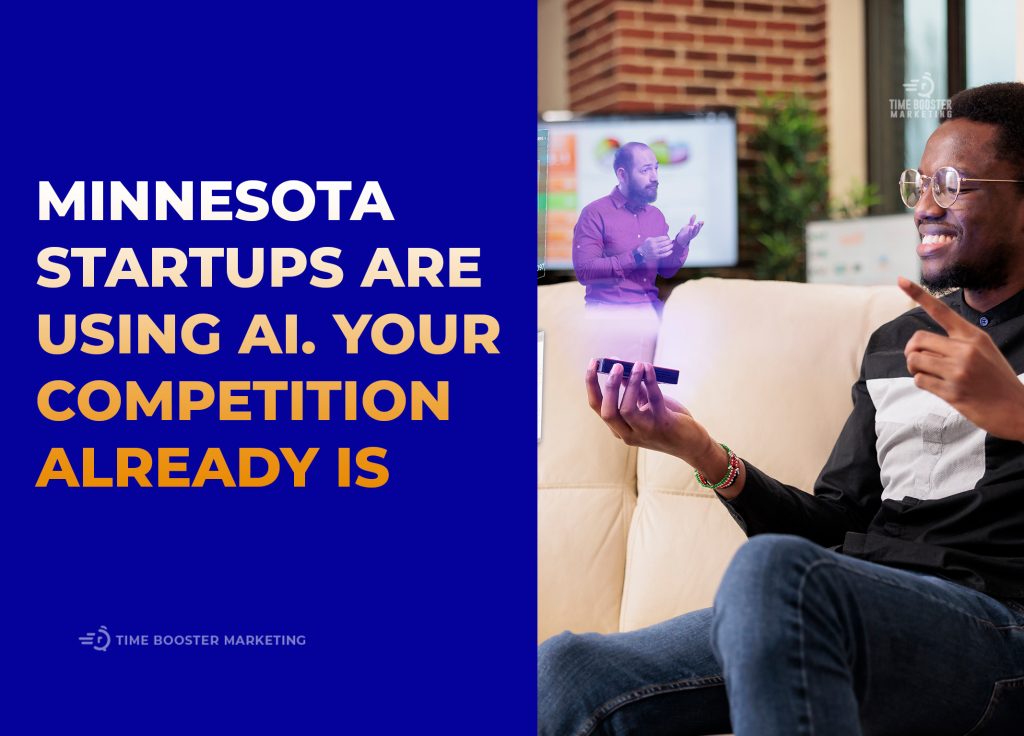Google AI Mode Sees Major Boost for Complex STEM Queries
Google has updated its AI Mode model to significantly improve its handling of complex STEM questions, just in time for the back-to-school season.

According to Robby Stein, Google’s VP of Product, the latest update makes AI Mode’s responses tighter, easier to scan, and more direct before providing detailed explanations, enhancing the experience specifically for students. This improvement builds on prior educational features like Canvas for multi-session project planning, support for image and PDF uploads, and expanded AI Mode availability worldwide. While Google has not released detailed technical information or example queries, this update is part of ongoing efforts to refine AI Mode’s capabilities, including better integration of links within responses. The company expects to continue iterating the model to improve learning workflows and AI-driven search assistance.
WhatsApp Launches In-App Business Verification to Boost Trust and Streamline Onboarding
WhatsApp, through the HighLevel platform, has introduced a new in-app business verification workflow that allows companies to verify their business accounts within the app itself instead of switching to Meta Business Manager.

This change speeds up verification processing by up to 40%, enables businesses to access higher messaging capacities, and supports the scaling of multiple phone numbers. By simplifying the verification process, businesses can improve their credibility and customer engagement, reduce support issues, and strengthen trust with consumers. This new capability is designed to enhance ease of use and efficiency for businesses leveraging WhatsApp’s vast communication platform.
Cavalry Emerges as the Secret Weapon Powering the World’s Leading Design Studios
Cavalry, a motion design software developed by a UK start-up, is quickly becoming the secret weapon favored by top design studios worldwide. It offers a procedurally driven, non-destructive workflow that empowers designers with significant creative freedom and efficiency.

Created to address the limitations and frustrations of traditional animation software, Cavalry has gained traction beyond just motion design studios, becoming a valuable tool for branding agencies that want to seamlessly integrate motion into their work. This new approach to motion design allows creative teams to work faster and more collaboratively while pushing creative boundaries.
Google Retains Chrome and Android, Faces New Data-Sharing Mandates in Landmark Antitrust Ruling
In a landmark antitrust decision, a U.S. federal judge ruled that Google does not need to sell off its Chrome browser or Android operating system despite holding an illegal monopoly in online search.

However, Google must stop exclusive agreements that restrict competition and is mandated to share certain valuable search data with rivals. This ruling aims to foster a fairer competitive landscape without dismantling Google’s core products. The decision marks a historic moment in antitrust enforcement reminiscent of the Microsoft case and has broad implications for how competition and AI evolve in internet search markets.





